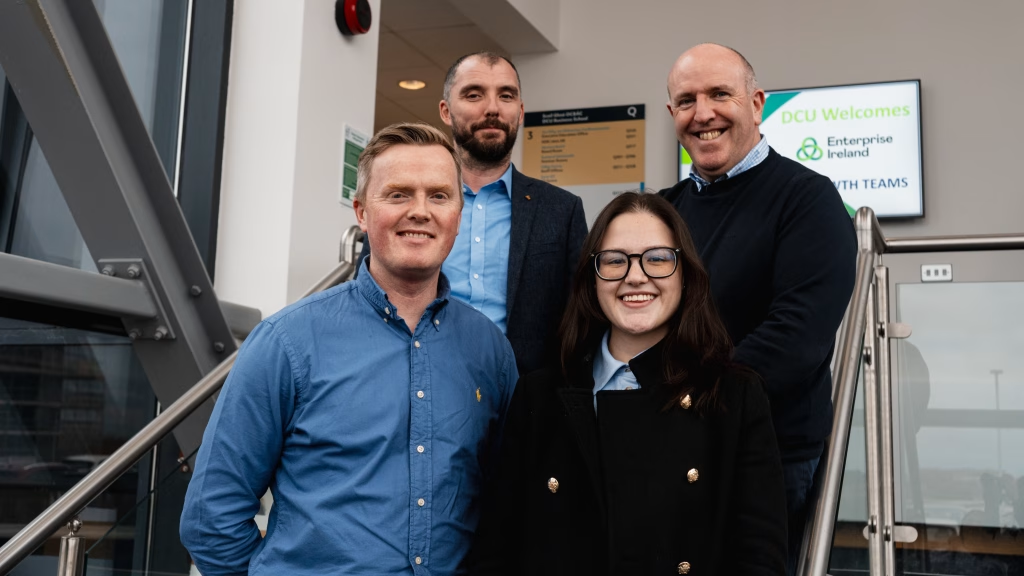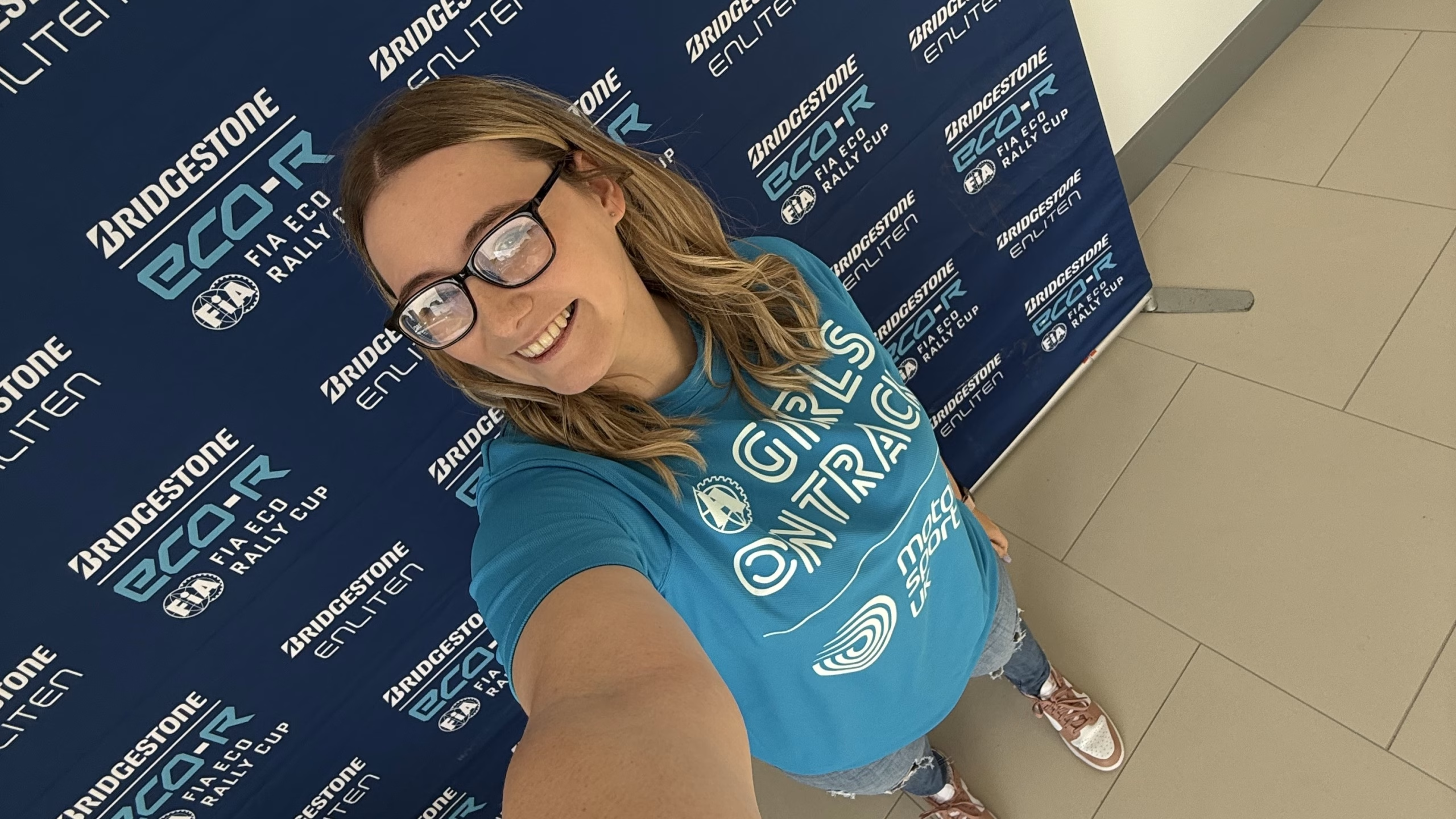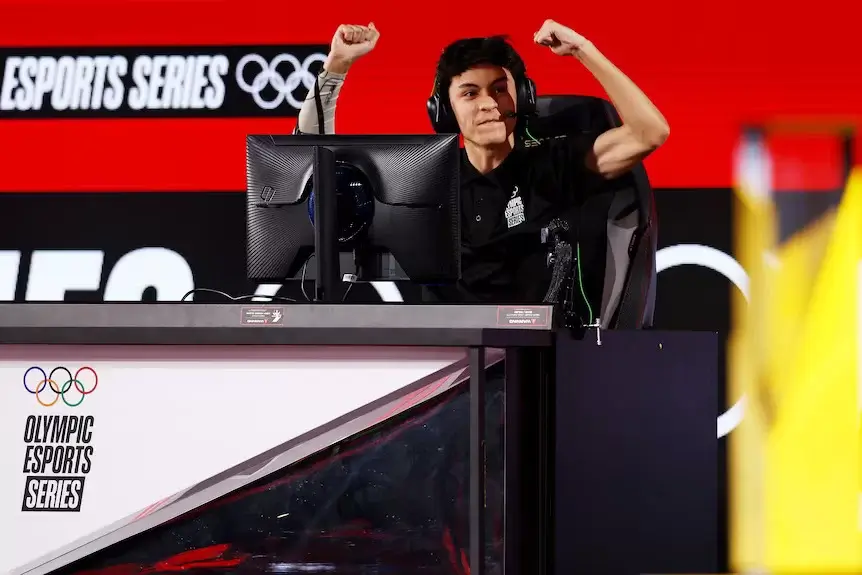Hear from Ana G. Rodriguez-Armendariz, one of our talented UAOA Scholars currently undertaking research into global educational responses to online abuse in sport.
Online abuse in sport is not just bad behaviour online; it sits at the intersection of performance, welfare, and culture. Athletes, coaches, officials, volunteers, administrators, sponsors, and fans operate in high-visibility, high-pressure environments where identity, reputation, and community belonging are constantly negotiated.
Abuse travels across platforms and into real settings such as training venues, locker rooms, and officiating booths, shaping attention, trust, and ultimately affecting participation and performance. In response, academic writing, media commentary, and organisational statements point to education as part of the fix, calling for programs to change behaviour and build safer spaces. Yet despite this consensus, there is a striking evidence gap: we have little empirical research that maps these educational initiatives. Without rigorous evaluation, education functions more as a promise than a proven intervention, leaving sport with good intentions but unclear outcomes.
This is also personal. As a former athlete, long-time volunteer, and current researcher, I’ve seen how abuse can transform sports communities. Quick fixes miss nuance. One-size-fits-all training can be overly compliance-oriented, limiting uptake and local relevance. The goal isn’t just fewer incidents, it’s stronger, fairer cultures of participation.

I’m currently researching global educational responses to online abuse in sport. My work looks at how sport’s education initiatives define the problem and what actions they ask people to take. I don’t treat education as neutral content delivery; I treat it as a space where knowledge, power, and fairness are negotiated. In short: Who gets to say what counts as harm, and whose safety practices are taken seriously?
My research is a document-based project in two phases. Phase 1 maps the dominant and emerging ideas shaping how sport defines online abuse and what actions are encouraged. Phase 2 compares real-world campaigns, workshops, and toolkits using systematic coding and matrix analysis to test whether goals, teaching methods, and evidence claims align. I began with a dataset of 430 sport federations, NGOs, and governance stakeholders, and I am comparing 84 programmes in depth. Early findings show a pattern: many initiatives focus on politeness and rule-following but overlook the voices of those who are often the targets because of race, gender, or identity. By contrast, the literature tells us that programs that involve affected communities in the design and delivery tend to build safer, more trusted spaces and clearer routes for action.
Why this matters to stakeholders is simple: design choices determine outcomes. Politeness training may reduce visible friction yet leave coded or context-specific abuse untouched. Justice-centred designs can improve reporting confidence, bystander action, and team trust, while helping the sport community protect brand integrity.
By illuminating the pedagogies and power relations within education, I aim to support institutions in moving beyond optics toward repair and transformation turning research into reform that the sport communities can feel.
Get in touch with Ana via LinkedIn or Email.
The United Against Online Abuse (UAOA) Scholarship Programme was created to empower the next generation of researchers in the fight against online abuse in sport. Launched in 2023, funded by the FIA Foundation and delivered at Dublin City University, you can find out more about the programme here.



